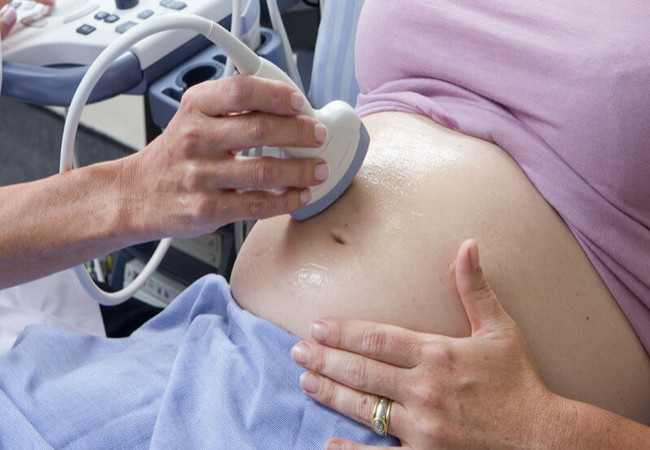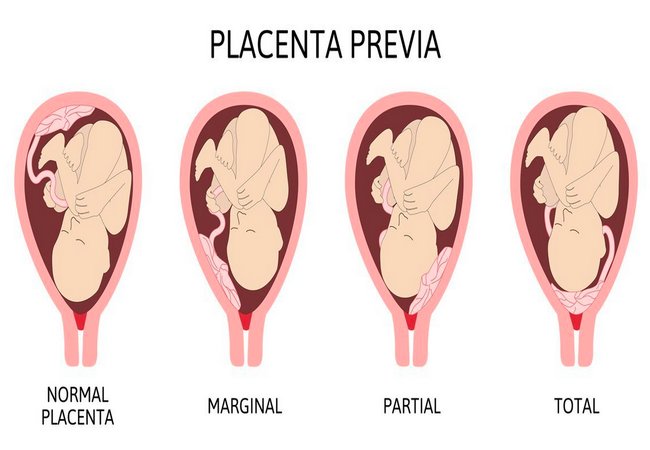Depressive Disorder: Management, Treatment and Complications
What is Depression or Depressive Disorder?
Depression is an affective disorder which is characterized by feelings of overwhelming sadness or lack of enjoyment, sometimes with anxiety and irritability with change in eating habit, sleep and sexual function. It is a mental or physical condition characterized by insomnia, anorexia, irritability, emotionalization, impaired concentration and suicidal tendency is termed as depression.

Management of Depressive Illness or Disorder:
Depressive illness can be managed by the below ways:
1. Hospitalization:
If the depression is severe and there are suicidal tendencies, it is better an to hospitalize the patient for further management.
2. Drug therapy:
With the help of antidepressants, depression can be relieved in a few weeks’ time. The details regarding drug therapy are given in the chapter on drug treatment (Antidepressant drugs).
3. Electroconvulsive therapy:
It is an effective physical method of treatment in major depression. It is advisable if the depression is severe and with suicidal tendency. ECT is widely used in combination with antidepressant drugs.
You can read: Different Types and Causes of Hypertension (HTN)
4. Psychotherapy:
Psychotherapy means understanding the depressed patients and their problems and guiding them positively. It includes reassurance and supportive measures, and encouraging patients to freely communicate with the therapist. The emotional ventilation has dramatic effect in relieving depression. Family therapy, group therapy and cognitive therapy are also indicated in selected cases of depression. The selection of treatment depends on the individual patients.
Treatment of Depression or Depressive Disorder:
It includes the following:
- Monoamino reuptake inhibitors-Amitriptyline 75-300 mg/day,
- Clomipramine 75-80 mg/day,
- Selective serotonin reuptake inhibitors,
- Fluoxetine 1G-80 mg/day,
- Sertraline 50-200 mg/day,
- Fluvoxamine 50-300 mg day,
- Dopaminergic antidepressants – Fluvoxamine 50-300 mg day,
- Atypical antidepressants. Amineptine 100-400 mg/ day,
- Mono aminooxidase inhibitors (MAO). Isocarboxazid 10-30 mg/day,
- Miscellaneous newer antidepressants. Venlafaxine 150-375 mg/day,
- Bupropion 150-450 mg/day.
Electroconvulsive Therapy:
ECT is indicated to have rapid action and remission of symptoms. In major depression cases it will be given as initial treatment and fosters antidepressant action.
Psychotherapeutic Approach:
- Supportive Psychotherapy,
- Psychoanalysis,
- Group therapy,
- Interpersonal therapy,
- Family therapy,
- Marital therapy,
- Behavior therapy,
- Cognitive Therapy.
Complications of Severe Depressive Illness:
All the complications of severe depressive illness have pointed out in the below:
- Impaired quality of life,
- Alcohol abuse,
- Substance abuse,
- Anxiety,
- Sleep problems,
- Sexual problems,
- Heart disease and other medical conditions,
- Work or school problems,
- Family conflicts/ Marital break-up,
- Relationship difficulties,
- Social isolation,
- Increased tendency to suicide.
More questions related to this article:
- What is depressive Illness?
- What is depressive disorder?
- What do you mean by depression?
- What is depression?
- Give the management of depressive illness.
- What is the therapeutic treatment of depressive disorder?
- Briefly discuss the nursing management of a case depressive disorder.
- Enumerate the complications of severe depressive illness.











